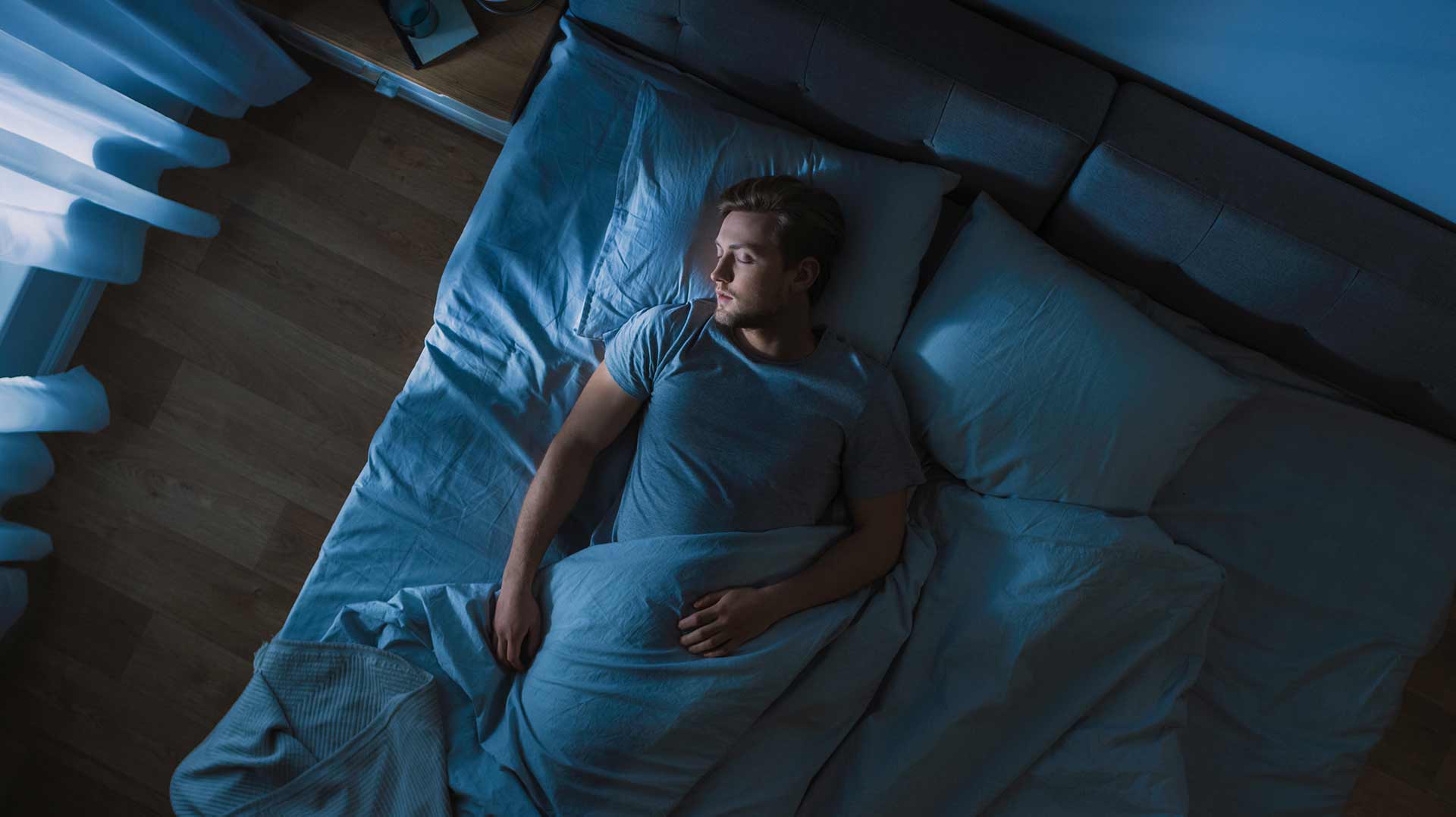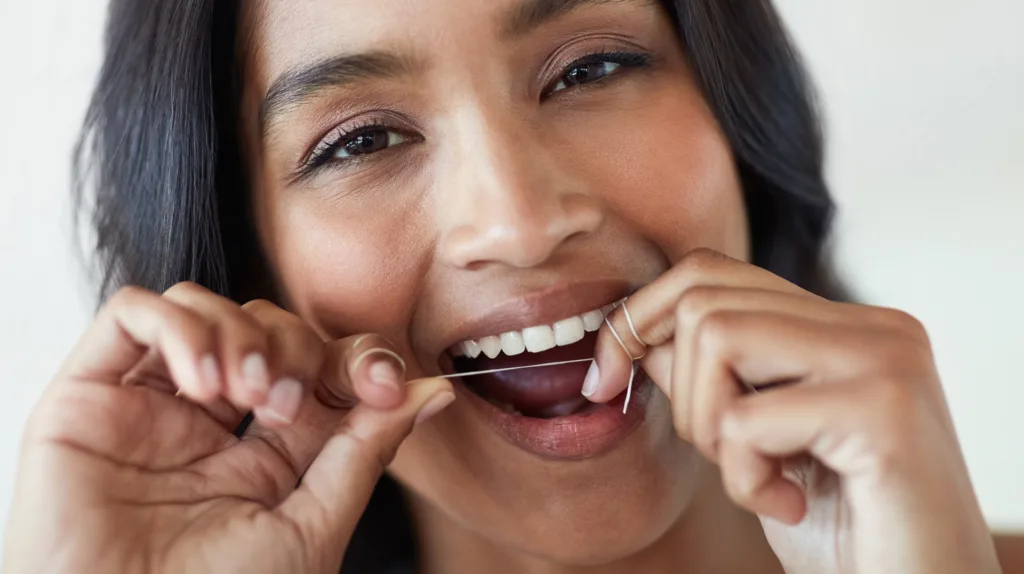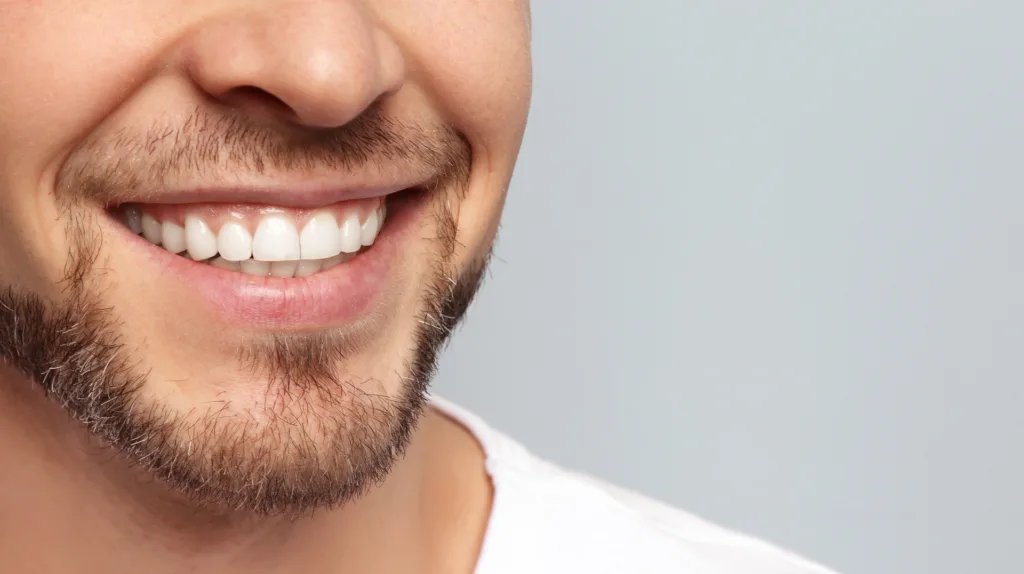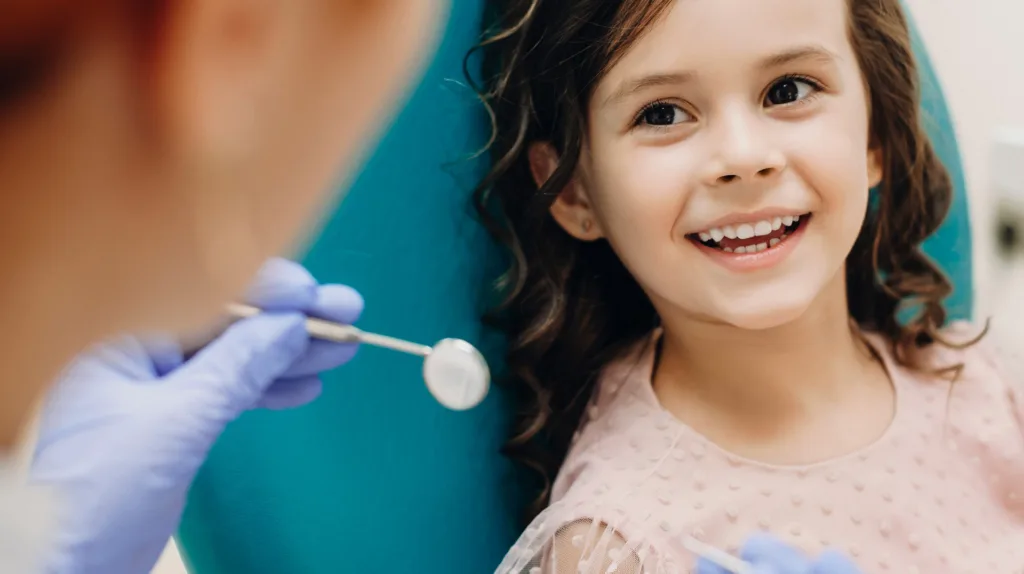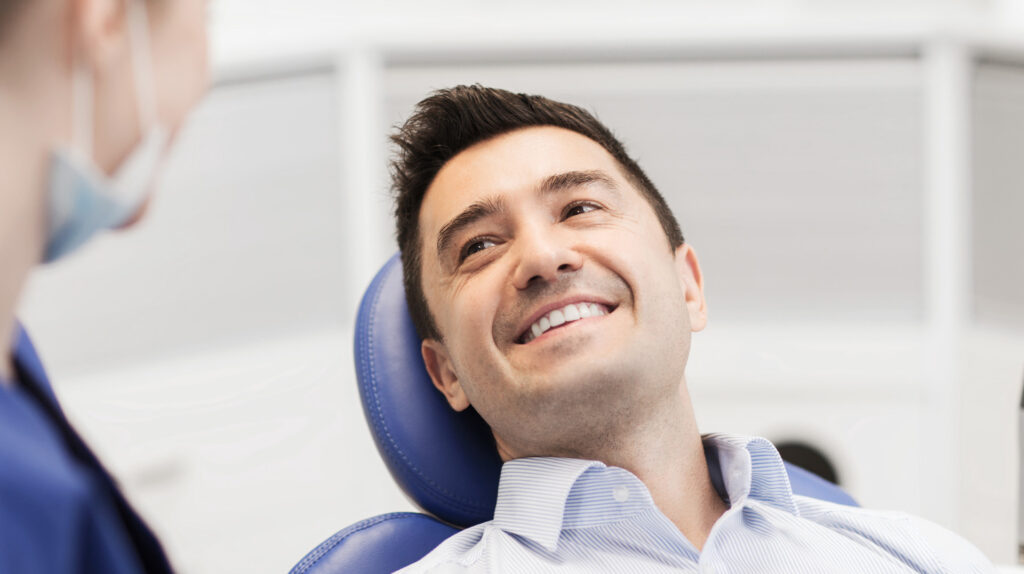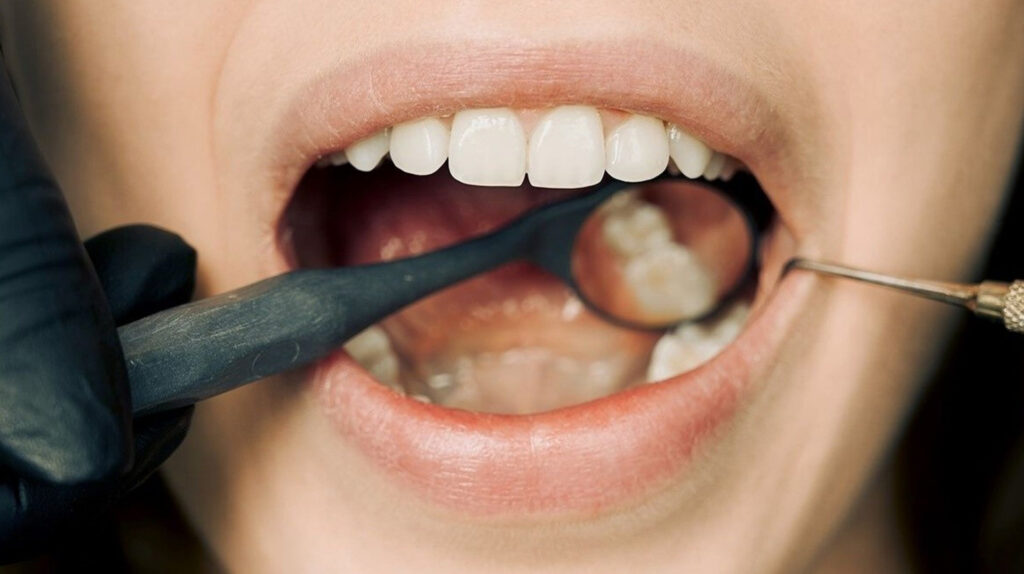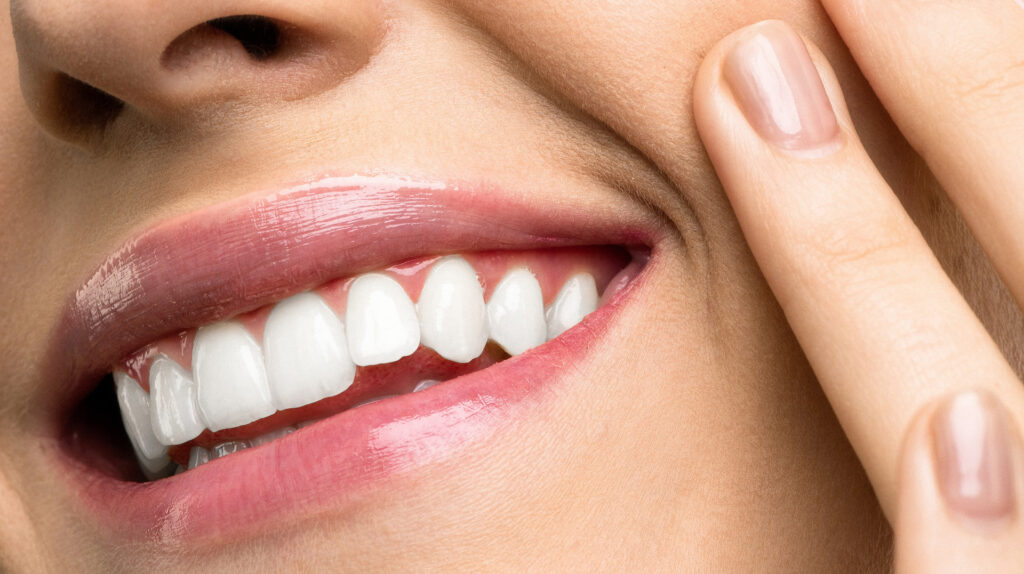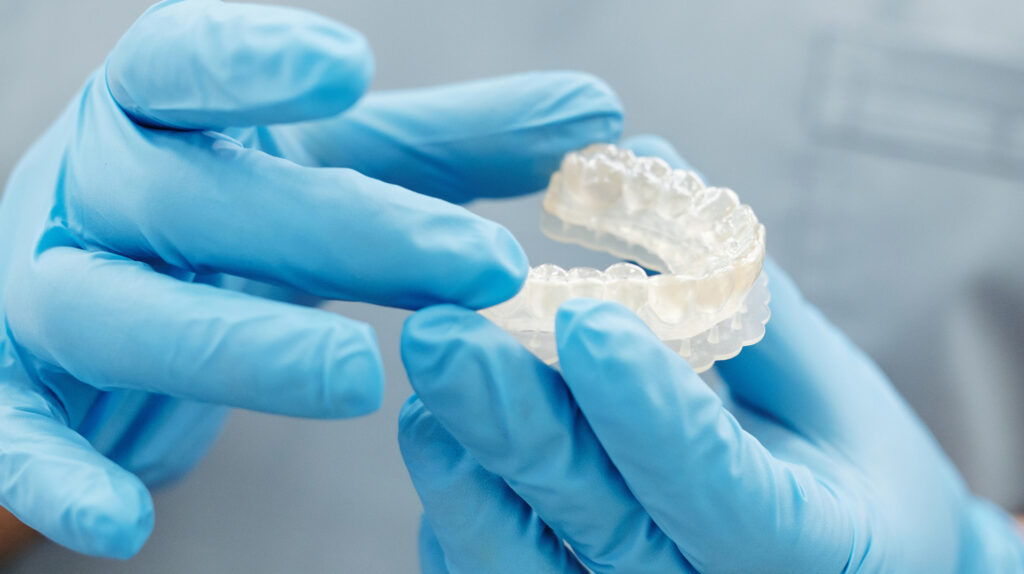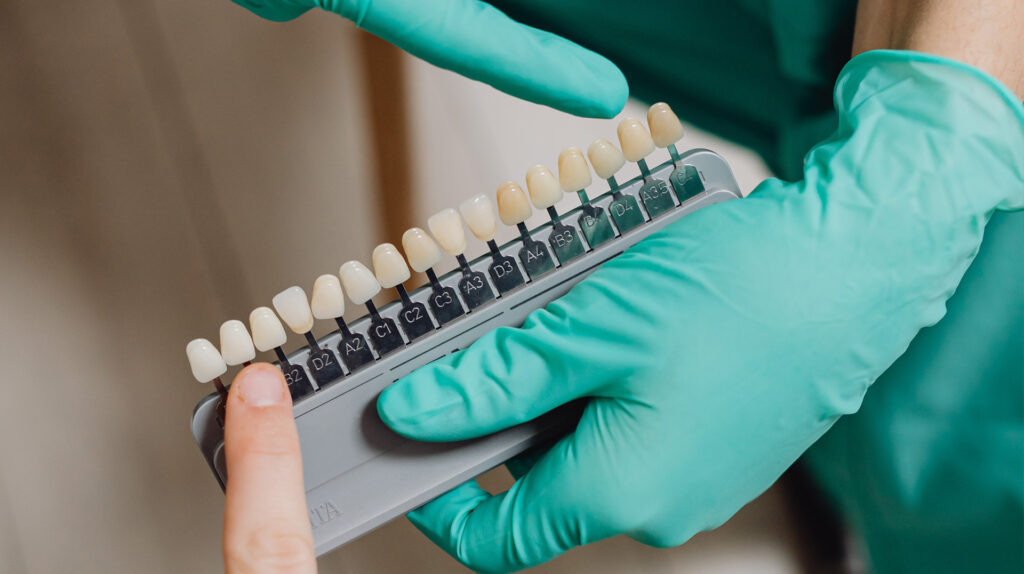Do you have trouble sleeping at night? Do you wake up feeling tired and irritable even after a full 8-hour rest? Perhaps it is time for a consultation with your dentist. Prairie Lakes Dental dentists are qualified to address common sleep disorders such as snoring and sleep apnea. A mandibular advancement device (MAD) is a revolutionary solution that can help you get a good night’s sleep and improve your quality of life and overall health.
What is Sleep Apnea?
Sleep apnea is a breathing disorder that occurs when the airway becomes blocked during sleep. This can cause pauses in breathing, shallow breaths, or loud snoring. These episodes of interrupted breathing can last from a few seconds to several minutes and can occur multiple times throughout the night. When this happens, oxygen levels can drop and tissue oxygen saturation can decrease, leading to daytime sleepiness, fatigue, headaches, and difficulty concentrating. Left untreated, sleep apnea can increase the risk of heart disease, stroke, high blood pressure, diabetes, and other medical conditions. Treatment for sleep apnea typically includes lifestyle changes such as weight loss or avoiding alcohol close to bedtime. In more severe cases, a continuous positive airway pressure (CPAP) machine may be necessary. CPAP machines provide a continuous flow of air through a mask worn while sleeping to keep the airway open and prevent episodes of apnea. When sleep apnea is less severe, it is referred to as mild or moderate sleep apnea. A common treatment for less severe sleep apnea is an oral appliance. This device works by repositioning the lower jaw and tongue, keeping the airway open while the patient sleeps.
Why Do We Snore?
Snoring occurs when the flow of air through the mouth and nose is obstructed, causing a vibrating sound. It can be caused by a number of factors, including an obstructed airway due to enlarged tonsils or adenoids, a deviated septum, obesity, alcohol consumption, and sleep position. Allergies and sinus problems can also contribute to snoring. While some people may snore occasionally, others may snore regularly, leading to more severe sleep issues. Treatment for snoring depends on the underlying cause and can include lifestyle changes or an oral appliance.
Mandibular Advancement Device for Sleep Apnea and Snoring
Mandibular Advancement Device (MAD) is a custom oral appliance that is worn over the teeth during sleep. It is designed to move the lower jaw forward slightly to help keep the airway open, allowing more air to flow through. This curbs snoring and provides relief for mild to moderate sleep apnea. Unlike the continuous positive airway pressure (CPAP) machine, which is a mask worn over the nose and/or mouth, the MAD is portable, comfortable and quiet.
How Does MAD Work?
When you sleep, your tongue and soft tissues in the throat tend to relax and collapse, narrowing the airway and making it difficult to breathe. By positioning your lower jaw slightly forward, the MAD creates a larger airway and opens your throat. This allows for more air to move through and reduces the tendency for sleep apnoea.
What are the benefits of using a MAD for sleep apnea?
There are many benefits associated with the use of a mandibular advancement device, including reduced snoring, reduced sleep apnea episodes, improved oxygen levels, and reduced daytime fatigue. Patients also report an increase in energy levels and improvement in their overall quality of life.
Not all dental patients are suitable candidates for MAD therapy. It is important to undergo a thorough evaluation and screening process before starting therapy. During this process, your dentist will help determine the cause and severity of your sleep disorder and help you decide whether MAD therapy is the right choice for you. People with severe sleep apnea or those with certain dental conditions may not be good candidates for MAD therapy.
Getting a good night’s sleep is essential for your overall health and well-being. With the mandibular advancement device, you have an innovative solution that can help alleviate common sleep disorders such as snoring and mild to moderate sleep apnea. If you think an oral appliance might be the right treatment option for you, it’s important to talk with your dentist at Prairie Lakes Dental. We can help you determine if an oral appliance is the best choice for your circumstances. With proper care and maintenance, an oral appliance can provide lasting relief and improved quality of life.

